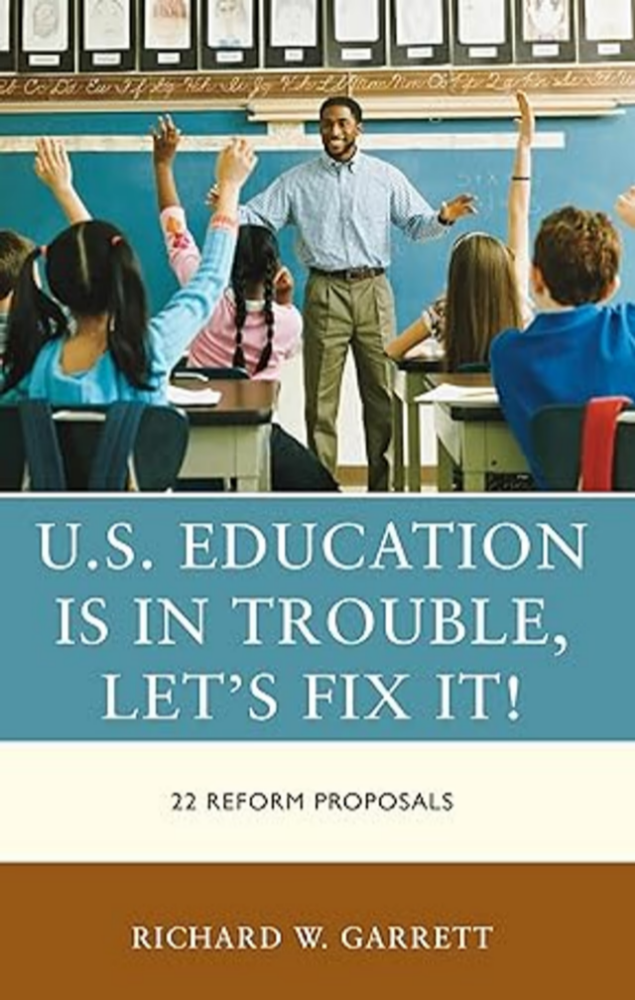How to Better Manage Discipline in Public School
Discipline is a huge problem in our public schools. When one looks deeply into the reasons for disruptive children, what we find is an otherwise normal child who is missing some critical and teachable skills. In my work, I call these skills character and grit.
While working with our small teacher team, we searched for the root causes of these skill deficiencies. The teachers quickly point out that the number one reason students lack character and grit is inadequate parenting. For whatever reasons, some parents are not able to impart these skills into their children. We can argue all day about this point, but it is quite clear to me that if the parents are unable to teach these skills, the job is left to the schools. In order to produce well educated students who are also good citizens, character and grit are essential. This is one of the reasons so many schools focus on social and emotional learning.
Since this is not a perfect world, we need policies that will work when the skills do not become a part of each student’s makeup.
Here is what I consider to be an ideal policy for discipline management in a school:
It is not allowed that one student will destroy the learning time of another.
This policy emphasizes the destructive force that discipline can play in the school setting. The underlying meaning is: we are here to learn – any behavior that steals learning time should not be tolerated. If a student is not in school to learn and due to their disruptive behavior, not only do they not learn but they steal large blocks of time from the entire class thereby cheating the balance of the class; severe action may be required. These time losses also destroy teacher morale – they can’t do their job.
In my book, The Kids Are Smart Enough, So What’s the Problem? Roman and Littlefield, Dec. 2017, our small study team assessed the magnitude of lost instruction time. Let me point out that the teachers readily admitted that their disruptive students were so “hard core” that they could not control them, and they receive no help from their parents nor from their administration. They determined that their 6 disruptive students caused a loss of 62 classroom minutes in each class for each day. This is a 28% reduction in teaching time. If a student attends one of these classes for 5 days, they only receive 3.6 days of instruction. This is a loss no student or teacher can afford. The administration should do everything possible to remove these students from the classrooms. As we said in another blog, the vast majority of the children in their classes were “just fine” but the 6 “bad apples” are ruining it for all 24 students. This is unacceptable, learning time is too important to waste. Get these disruptive students out of the classroom!




